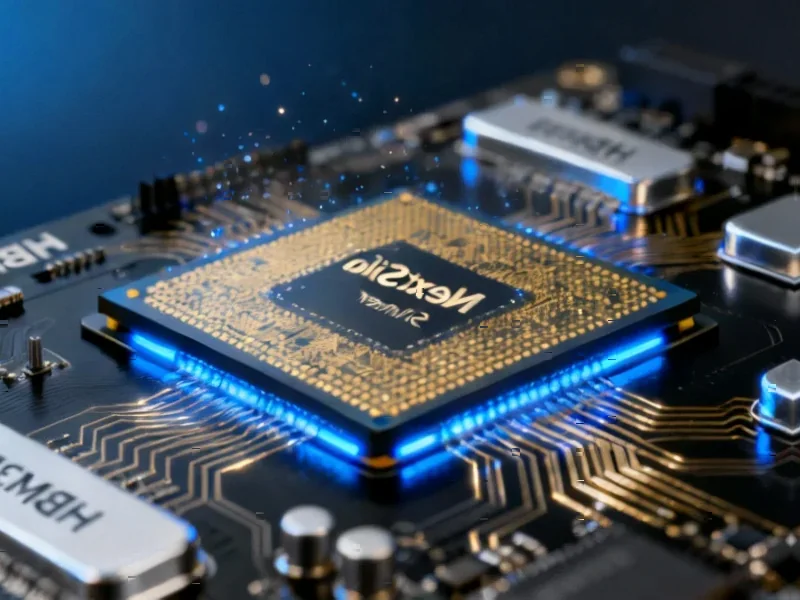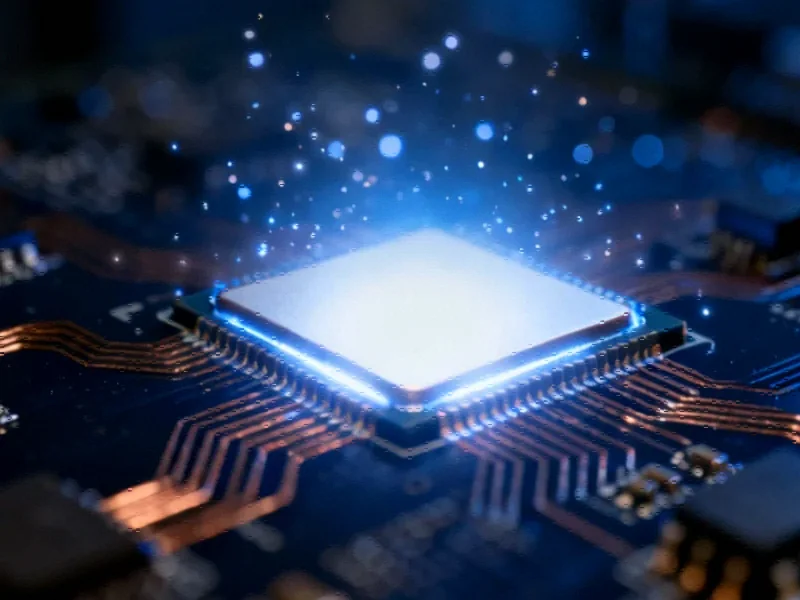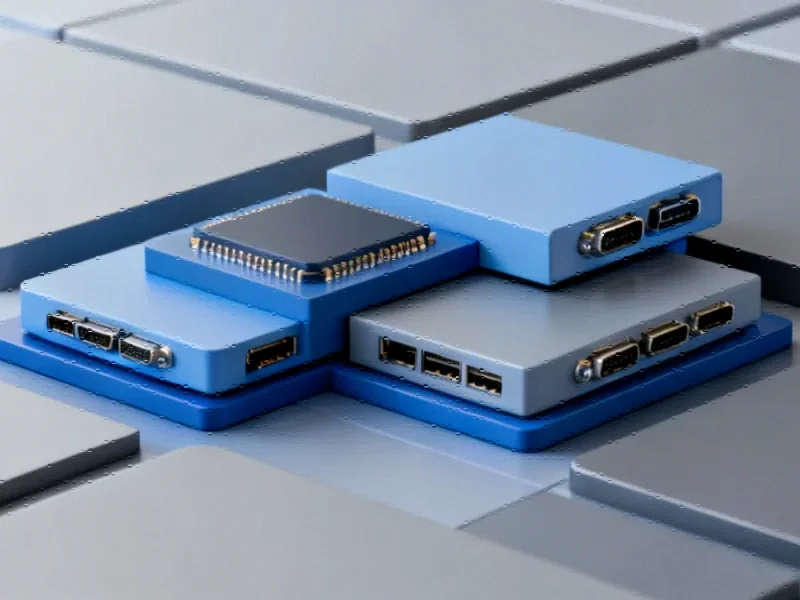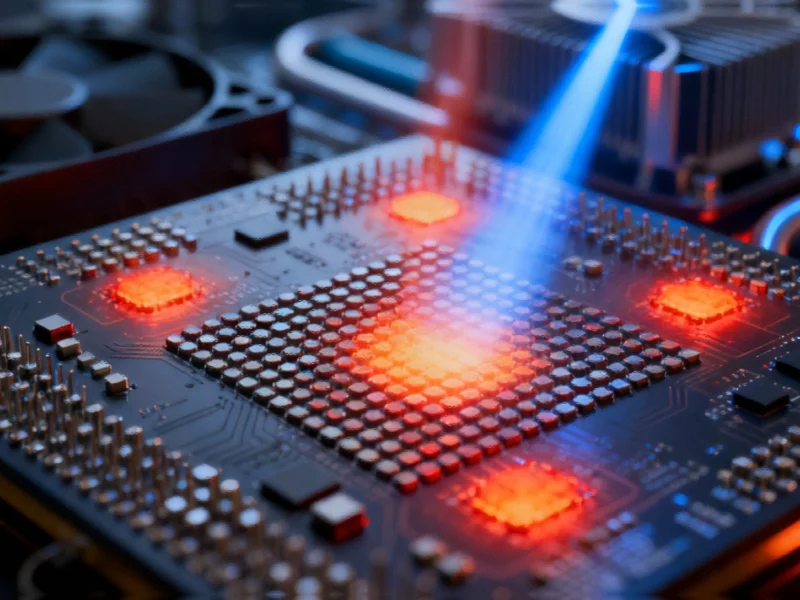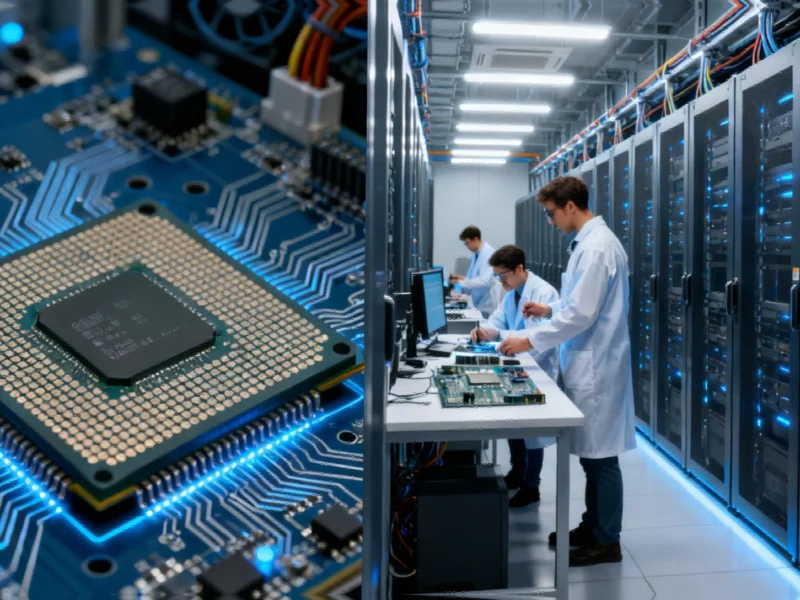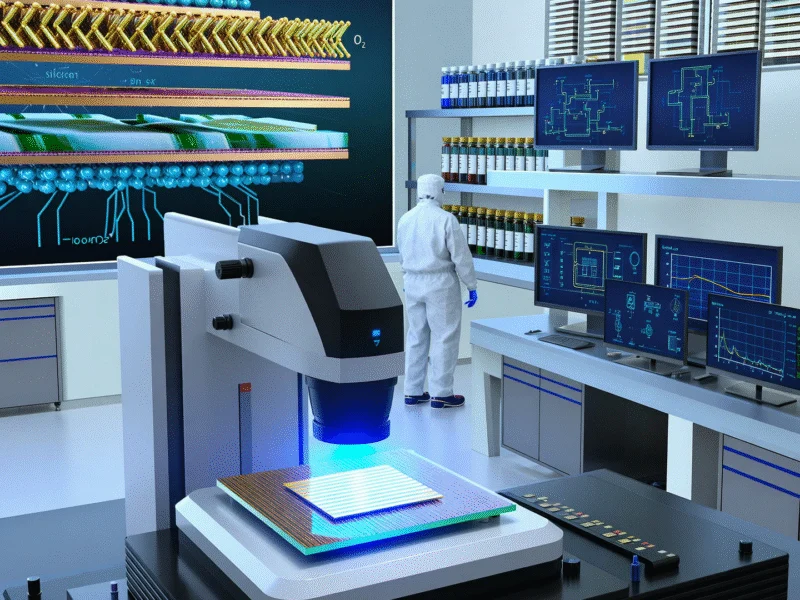Apple’s latest M5 chip, built on advanced 3nm technology, is demonstrating performance comparable to the flagship M1 Ultra from 2022. According to early benchmark results, the base M5 configuration nearly matches multi-core performance of processors that previously required $4,000 workstations.
Apple’s M5 Chip Breakthrough
Apple’s newly unveiled M5 processor is reportedly delivering performance that rivals the company’s previous flagship chips, according to recent benchmark analysis. The third-generation 3nm chip, which currently powers the 14-inch MacBook Pro, demonstrates significant generational improvements that industry analysts suggest could reshape performance expectations for mainstream computing devices.
